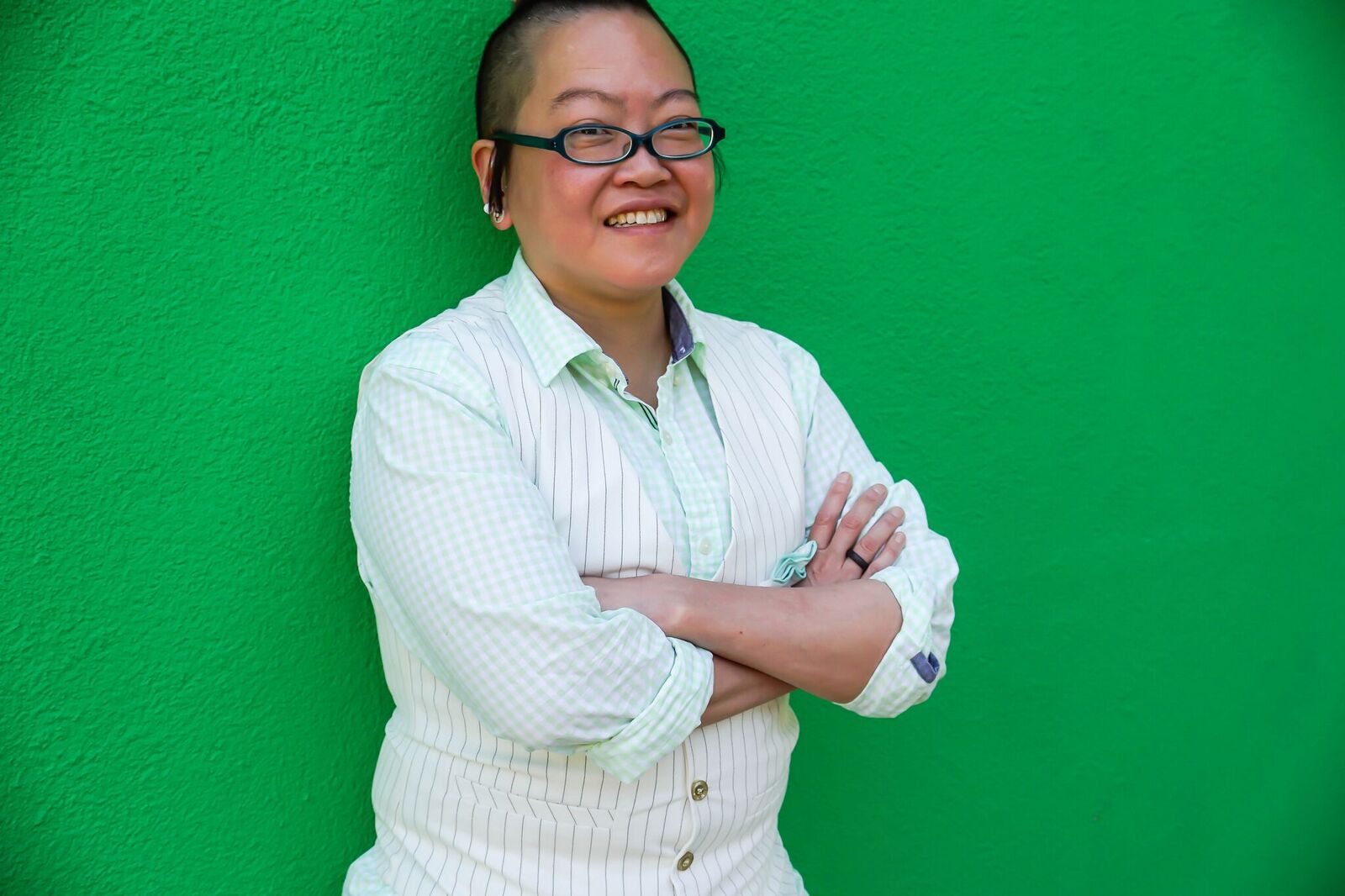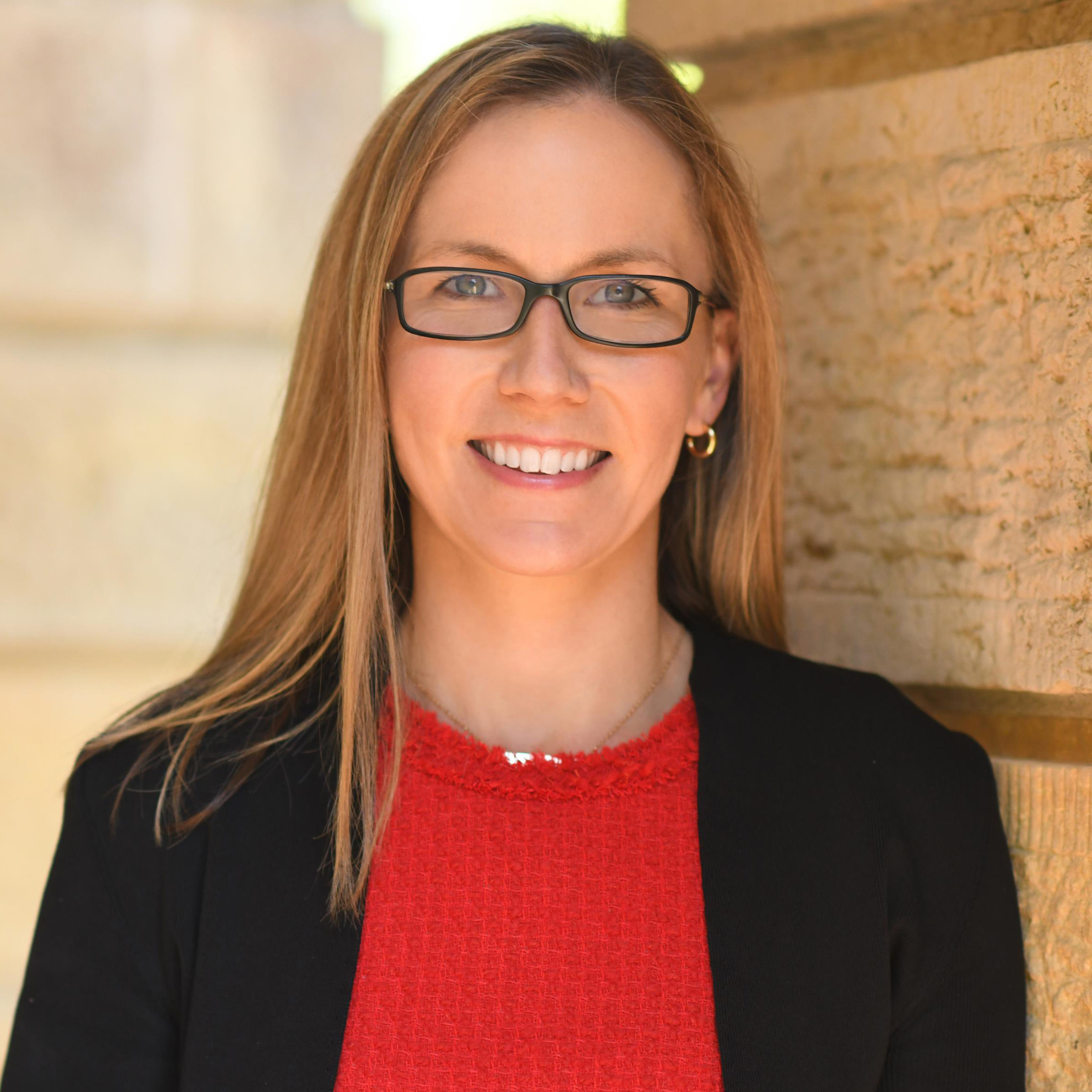Two University of Wisconsin Law School efforts have won University of Wisconsin–Madison Research Forward awards that support groundbreaking research.
The initiative is supported by the Wisconsin Alumni Research Foundation (WARF) and will provide funding for one to two years, depending on the needs and scope of the project.
“Preserving Traditional Foodways in Light of Climate Change” will be led by a team including Steph Tai, professor of law, and Dan Cornelius, Great Lakes Indigenous Law Center outreach program manager. The project will help Native and small-scale farmers make adaptations forced by shifting seasons, precipitation patterns and temperatures.
Others on the team are Julie Dawson, associate professor of horticulture; Nan Enstad, professor of community and environmental sociology; and Rue Genger, scientist in the department of horticulture.

“We are excited to do this work to support these communities that are already on the front lines of adapting to climate change,” Tai said. “We especially hope that our interdisciplinary research team can help these communities address the many barriers — scientific, legal and cross-cultural — that they have been facing in their responses."
Effective partnership with Tribes begins with “strong, positive relationships,” Cornelius said.
“This effort connects to other ongoing efforts while bringing essential additional support to complex topics such as ‘data sovereignty’ whereby Tribes are properly positioned to guide and control research and its corresponding information,” he said.
"Safe Passage from the Darién Gap,” led by a team including Erin Barbato, associate clinical professor of law and director of the Immigrant Justice Clinic, will help asylum seekers make safer, more informed choices as they consider a pathway to refuge.

Barbato will be joined by Sara McKinnon, professor of communication arts, and Jorge Osorio, professor in the Department of Pathobiological Sciences in the School of Veterinary Medicine and director of the Global Health Institute.
Barbato said because so many immigrants experience trauma in their countries and on their journeys to the United States, the team wants to reduce their harm through communications campaigns and legal clinics in Colombia.
“By partnering with international nongovernmental organizations and law schools in Colombia, we will build strong networks to ensure that people receive trusted, more complete information,” Barbato said. “Law students in the Immigrant Justice Clinic will contribute to this research and gain important on-the-ground experience in Colombia.”
Both grants provide about $500,000 in funding over two years.
Land Acknowledgment
The University of Wisconsin–Madison occupies ancestral Ho-Chunk land, a place their nation has called Teejop since time immemorial. In an 1832 treaty, the Ho-Chunk were forced to cede this territory. Decades of ethnic cleansing followed when both the federal and state government repeatedly, but unsuccessfully, sought to forcibly remove the Ho-Chunk from Wisconsin. This history of colonization informs our shared future of collaboration and innovation. Today, UW-Madison respects the inherent sovereignty of the Ho-Chunk Nation, along with the 11 other First Nations of Wisconsin.
Submitted by Law School News on July 18, 2023
This article appears in the categories: Faculty, Features
Related employee profiles: Steph Tai, Daniel Cornelius, Erin Barbato